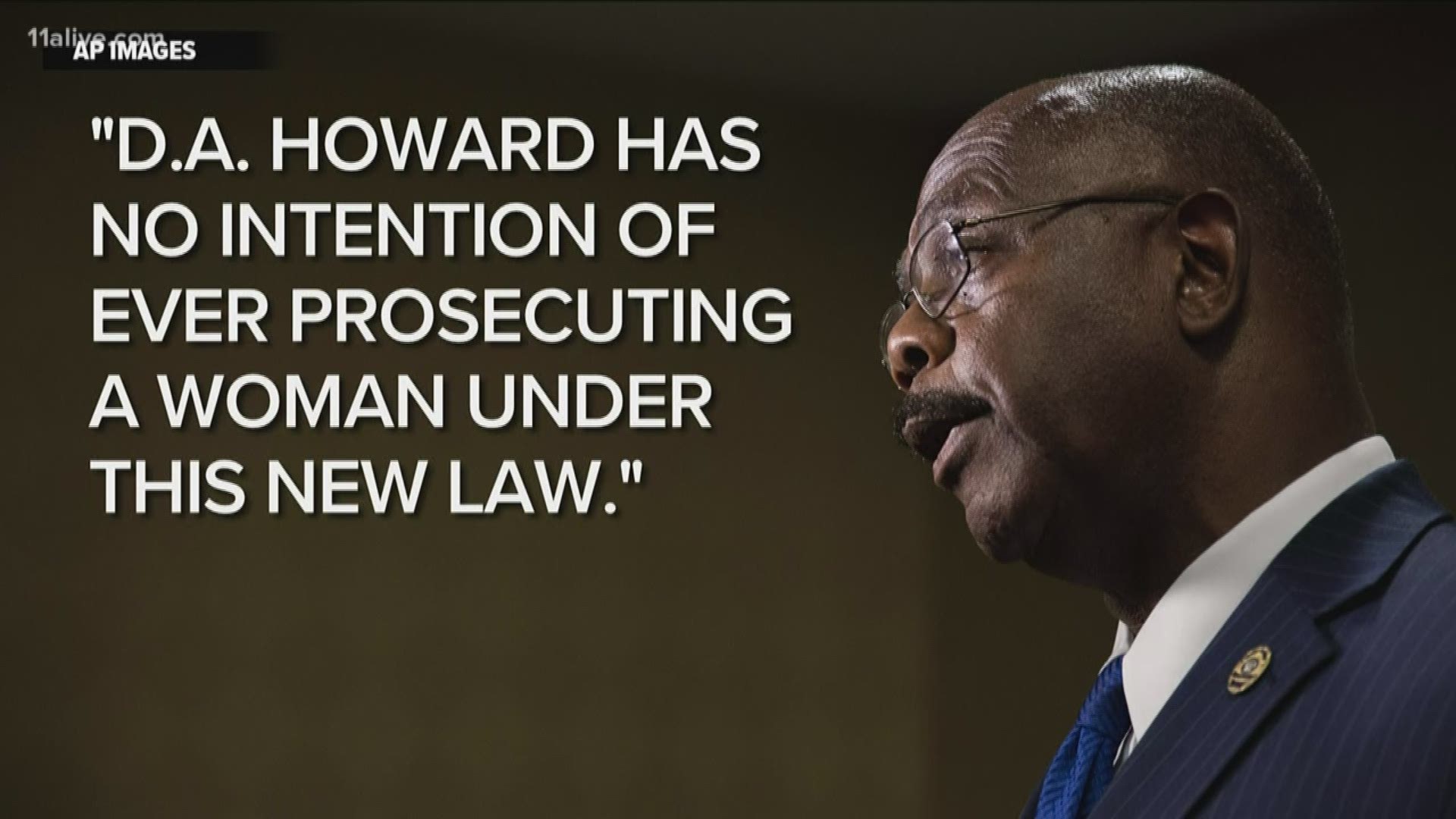ATLANTA — Ron Howard is the latest Hollywood voice to weigh in on Georgia's new divisive abortion bill.
Earlier this month, Governor Brian Kemp signed into law new restrictive measures on abortion that would slash the window of time to have a legal abortion from 20 weeks to just six. The new timeline is controversial because it is often before a woman even realizes she may be pregnant.
Speaking to The Hollywood Reporter, actor and director Ron Howard and film partner Brian Grazer said their next film - a Netflix project starring Amy Adams - will go on shooting in Georgia later this month. But, it comes with a caveat.
"After much thought and deliberation, we decided to continue with shooting Hillbilly Elegy in Georgia next month," the filmmakers told The Hollywood Reporter in a statement.
Howard told the magazine they felt the could not "abandon" the hundreds of women and men who are depending on the production. However, the pair said their stance would change if the legislation takes effect.
"We see Governor Kemp’s bill as a direct attack on women’s rights, and we will be making a donation to the ACLU to support their battle against this oppressive legislation," the statement warned. "Should this law go into effect in January, we will boycott the state as a production center."
The backlash to the new law has been swift. Soon after the bill passed both chambers of the Georgia legislature, several actors, actresses and production companies signed petitions and penned letters to Kemp, imploring him not to sign the bill into law.
PREVIOUS: Netflix subscribers ask company to boycott Georgia over proposed 'heartbeat' abortion bill
Kemp did so anyway, placing the future of Hollywood's presence in Georgia on perilous ground. The state is now widely considered the top filming location in the world and the film industry accounts for more than 92,100 jobs and nearly $4.6 billion in total wages in Georgia.
The news comes as a wave of abortion legislation with stiff penalties for women and providers is passed in conservative states, all with a goal of being appealed all the way to the Supreme Court and challenge the legal precedent of abortion law Roe vs. Wade.

